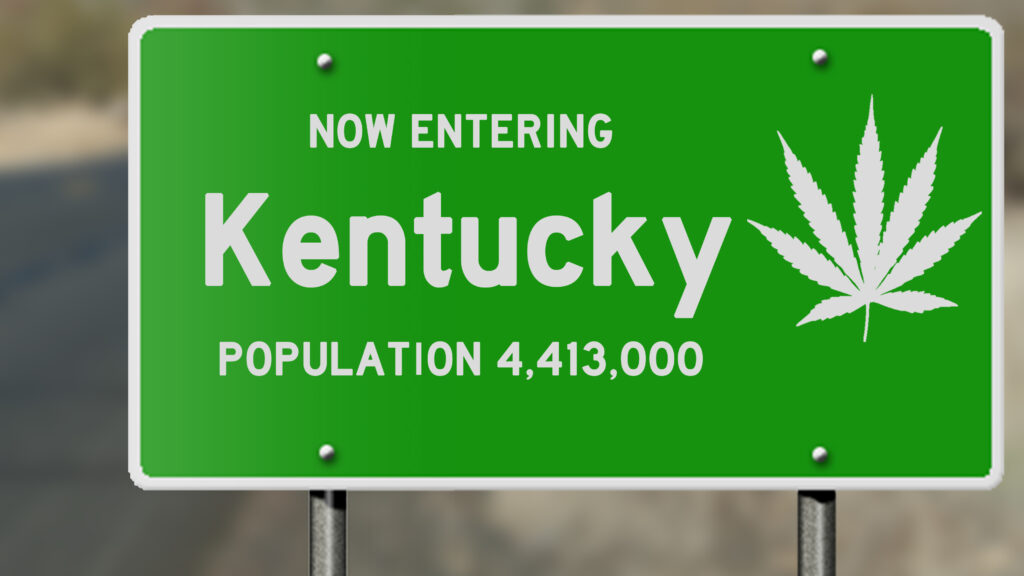Kentucky’s Medical Cannabis Industry Sees Surge in Applications as 2025 Launch Approaches
Kentucky’s medical cannabis industry is gaining significant traction as the state gears up for its program’s official launch in January 2025. By the time the August 31, 2024, deadline passed for business license applications, nearly 5,000 submissions had been received. This overwhelming response shows the immense interest from entrepreneurs eager to enter the market, both locally and nationally.
Massive Surge in Business License Applications Ahead of Deadline
A large number of the nearly 5,000 applications came in during the last four days before the deadline, with around 88% arriving during that window. The sheer volume of applications created a significant workload for Kentucky’s Office of Medical Cannabis (OMC), which had to rapidly increase staff to manage the influx. This flood of applications highlights the high level of anticipation surrounding the state’s medical cannabis program.
The vast majority of these applications came from businesses seeking dispensary licenses, with over 4,000 applications submitted for just 48 licenses. This intense competition has made it clear that dispensary owners will face slim odds, with just a 1.2% chance of securing a license. Certain regions, like Jefferson and Fayette counties, received an especially high number of applications, while more rural areas saw lower numbers.
Dispensaries Lead the Charge in Kentucky’s Medical Cannabis Market
In addition to the overwhelming number of dispensary applications, cultivation and processing licenses also attracted significant interest. A total of 584 cultivators applied for just 16 cultivation licenses, divided into three tiers based on the size of the operation. Kentucky’s prohibition on outdoor cultivation, however, has raised concerns, particularly among small farmers who fear that the high costs of indoor cultivation will prevent them from competing in the market. Many experts suggest that allowing outdoor cultivation would provide more opportunities for small, local businesses.
Processor licenses, which allow businesses to create cannabis-derived products such as edibles, oils, and tinctures, also saw heavy demand. A total of 333 businesses applied for 10 available licenses. In addition, five companies applied for safety compliance facility licenses, which will ensure that products meet safety and quality standards before reaching consumers. Kentucky’s capped license system has made this a highly competitive process.
Lottery System to Ensure Fairness Amid Intense Competition
To ensure fairness in distributing licenses, Kentucky will employ a lottery system. This method is designed to give all applicants a fair shot at securing a license, whether they are large national companies or smaller local businesses. Given the high demand, the state’s plan to randomize the selection process helps address concerns that larger businesses with greater resources might dominate the industry.
Economic and Therapeutic Potential for Kentucky Communities
Once fully operational, Kentucky’s medical cannabis program will provide new treatment options for patients suffering from conditions like PTSD, chronic pain, and anxiety. Although smoking cannabis flower is prohibited, patients will be able to vaporize it and access a variety of cannabis-based products, including oils and edibles. THC levels will be restricted to ensure safety: 35% for cannabis flower and 10 mg per serving for edibles.
In addition to healthcare benefits, the program is expected to boost local economies, particularly in regions like the Barren River Area, where access to healthcare has been limited. The influx of medical cannabis businesses could create jobs and generate tax revenue, helping to revitalize struggling communities. The potential economic impact underscores the significance of the program as Kentucky moves forward into this new era of medical cannabis.




